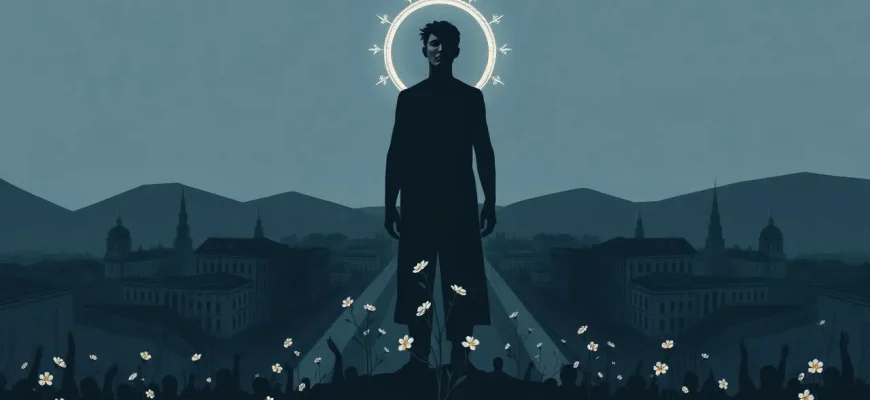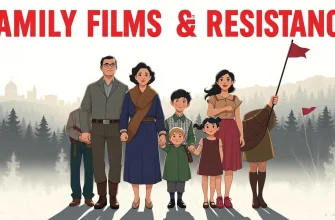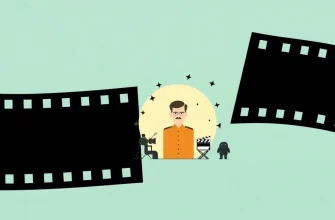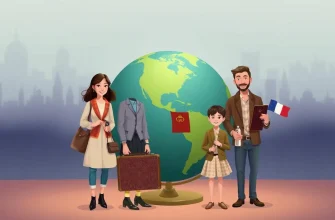Fascism, with its oppressive ideologies and dark historical impact, has been a subject of numerous films that delve into the human psyche, resistance, and the fight for freedom. This curated list of 10 films provides a cinematic journey through different eras and perspectives, showcasing the resilience of individuals against fascist regimes. These films not only entertain but also educate, offering a profound look at the consequences of fascism and the indomitable human spirit that rises against it.

The Great Dictator (1940)
Description: Charlie Chaplin's satirical masterpiece where he plays both a Jewish barber and Adenoid Hynkel, a parody of Adolf Hitler. This film is a bold critique of fascism and its leaders.
Fact: Chaplin's first speaking role was in this film, and it was released before the U.S. entered WWII, making it a risky political statement.
 Watch Now
Watch Now 
The Night Porter (1974)
Description: A controversial film that explores the complex relationship between a former SS officer and a concentration camp survivor, highlighting the psychological aftermath of fascism.
Fact: The film was banned in Italy for its depiction of the Holocaust and the relationship between the characters.
 Watch Now
Watch Now 
Schindler's List (1993)
Description: Steven Spielberg's epic drama about Oskar Schindler, a German businessman who saved over 1,000 Jewish refugees during the Holocaust by employing them in his factories.
Fact: The film was shot in black and white to give it a documentary-like feel, and the only color scene is when a little girl in a red coat appears.
 Watch Now
Watch Now 
The Pianist (2002)
Description: Roman Polanski's poignant adaptation of Władysław Szpilman's memoir, depicting his survival in the Warsaw Ghetto during the Holocaust.
Fact: Polanski himself survived the Holocaust, which adds a personal layer to the film's authenticity.
 Watch Now
Watch Now 
The Lives of Others (2006)
Description: Set in East Germany, this film examines the surveillance state under the Stasi, reflecting the oppressive nature of fascist-like regimes.
Fact: The film won the Oscar for Best Foreign Language Film in 2007, despite its initial lukewarm reception in Germany.
 Watch Now
Watch Now 
The Book Thief (2013)
Description: Set during WWII, this film tells the story of a young girl in Nazi Germany who finds solace in stealing books and sharing them with others, including a Jewish refugee hiding in her home.
Fact: The film's narration is done by Death, giving a unique perspective on the events.
 Watch Now
Watch Now 
The Counterfeiters (2007)
Description: Based on true events, this film follows a group of Jewish prisoners in a Nazi concentration camp who are forced to produce counterfeit currency to fund the German war effort.
Fact: The film won the Academy Award for Best Foreign Language Film, highlighting the moral dilemmas faced by the prisoners.
 Watch Now
Watch Now 
The Conformist (1970)
Description: Bernardo Bertolucci's film explores the psychological and political complexities of fascism through the story of a man who becomes an agent for Mussolini's secret police.
Fact: The film's visual style, with its use of mirrors and reflections, symbolizes the protagonist's fractured identity.
 30 Days Free
30 Days Free 
The Damned (1969)
Description: Luchino Visconti's epic drama about the Essenbeck family, whose steel dynasty becomes entangled with the rise of the Nazi party.
Fact: The film was inspired by the real-life Krupp family, known for their industrial empire and Nazi affiliations.
 30 Days Free
30 Days Free 
The Fall of Berlin (1950)
Description: A Soviet film that portrays the final days of the Third Reich and the Battle of Berlin, focusing on the heroism of Soviet soldiers.
Fact: This film was one of the first to depict the Soviet victory over Nazi Germany, with a strong propaganda element.
 30 Days Free
30 Days Free 








